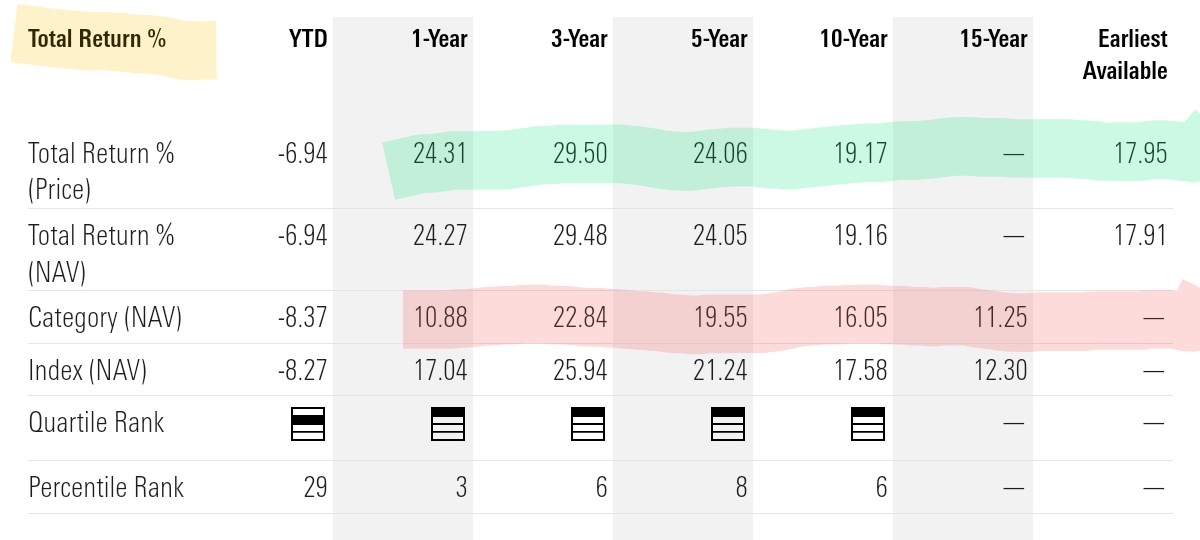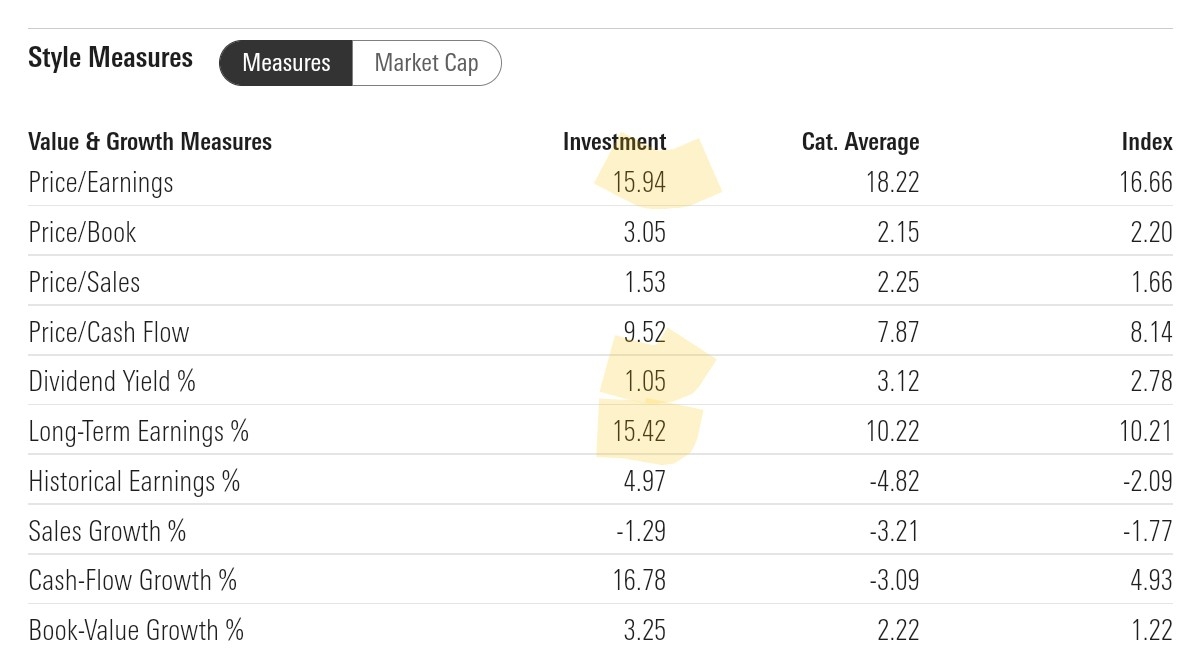Growth vs Momentum stock investing - Comparison of a a top performing Growth fund with a top performing Momentum fund
By analyzing overall characteristics of top performing *growth* style etf, such as iShares Russell Top 200 Growth ETF (IWY), with top performing *momentum* style etf, such as Invesco S&P 500 Momentum ETF (SPMO), I have learnt one thing for sure. Growth style seems to have produced similar return as momentum style for long term (5, 10 years) horizon with comparatively much *lower risk*. Growth fund (such as IWY) has mostly beaten broad market index every year since it's inception in 2009. However, momentum one (such as SPMO) keeps disappointing every other year by underperforming broad market. So, for more aggressive investing strategy (say 20% of your stock portfolio), when it comes to choosing between growth and momentum, growth seems to be better option.


